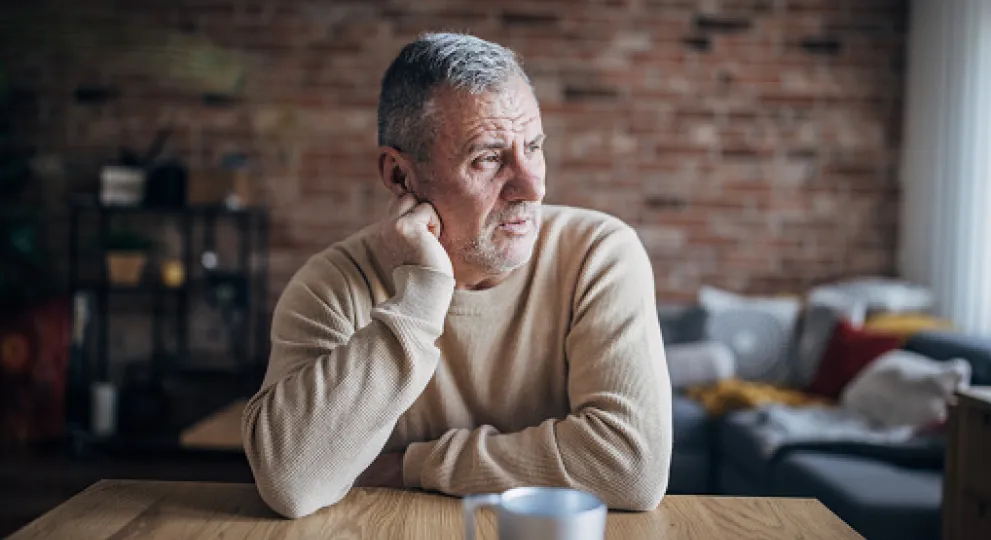Managing Fatigue When You Are Living With Prostate Cancer
Managing Fatigue When You Are Living With Prostate Cancer

For some people, living with prostate cancer can also mean living with fatigue. According to some estimates, up to 90 percent of men with advanced prostate cancer experience fatigue.
Here are some key things that can be helpful to know about fatigue if you’re living with prostate cancer.
Fatigue is a common prostate cancer symptom.
If you experience fatigue, you’re not alone. Fatigue is one of the most common symptoms reported by men diagnosed with prostate cancer. It’s also common for all people living with cancer, with an estimated 50 to 90 percent experiencing fatigue during their treatment.
Cancer fatigue doesn’t always get better with sleep.
People with cancer may experience fatigue regardless of how long they sleep.
Fatigue can affect your mental health, too.
Physical aspects of fatigue, such as lack of energy, can also affect your mental health. Cancer fatigue symptoms may include feeling anxious or sad, or having less of an interest in doing your usual activities.
Moving your body may help you feel less tired.
This might be surprising, but physical activity has been shown to help people with cancer manage fatigue. And it doesn’t have to be strenuous to have an impact. The key is trying to be less sedentary.
Here are some Microsteps that can be considered to help manage your fatigue. As always, consult with your care team for the management practices that are best for you.
Adding one gentle aerobic exercise to your daily routine.
Trying to be more physically active when you’re fatigued might not seem to make sense. But research shows that exercise may help reduce cancer fatigue and improve quality of life. Walking, jogging, cycling, yoga and Tai Chi are among the exercises that may make a difference.
Talking to your care team about exercise during treatment.
Research shows that exercising during treatment may help reduce cancer fatigue. Consider working with your care team to create a personalized plan.
Taking short rest breaks.
Resting may help you manage your fatigue, so consider setting aside time each day to close your eyes. You may want to limit your naps to 30 minutes, since longer naps may make it harder to sleep when bedtime comes around.
Developed with Thrive Global













